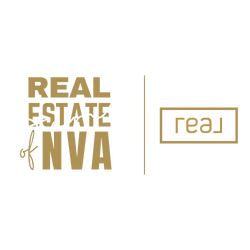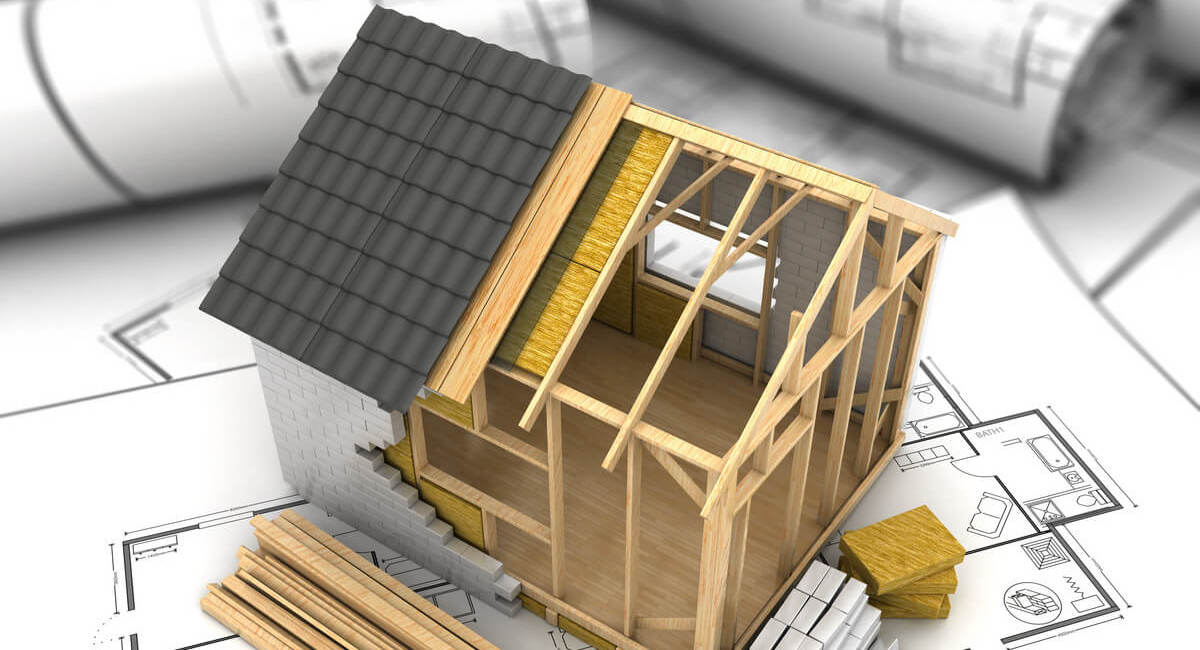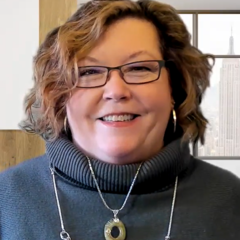If you’re planning to buy a home, you know that you need to make a down payment and cover some closing costs. However, there might be some additional expenses involved in purchasing a home that you’re not aware of. The hidden costs of homeownership can add up, so you should be informed and prepared before you close on a house. Here are 12 costs involved in buying a home that you should plan for:
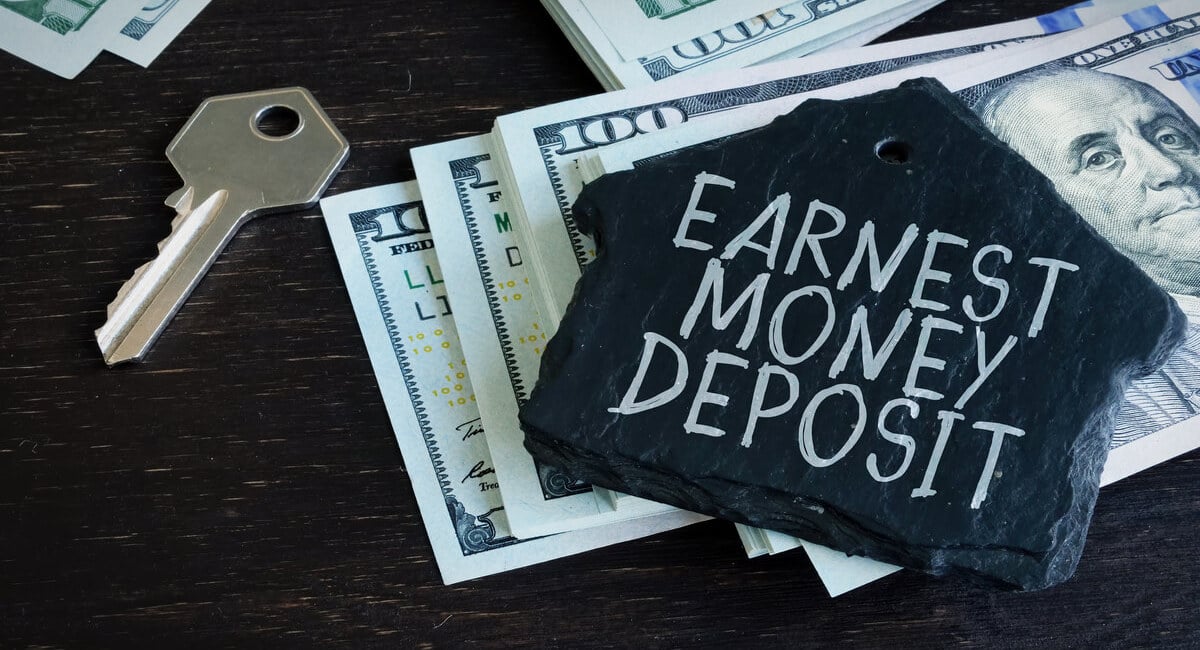
1. Earnest Money
Shortly after your offer on a home is accepted, you’ll need to put down an earnest money deposit to demonstrate your intention to follow through with the sale. An earnest money deposit is usually 1% to 3% of the home’s value, but buyers sometimes put more money down to make their offer more appealing to sellers.
When you close on the sale, the earnest money goes toward the overall cost of the home, so you can consider it to be a part of your down payment. However, if you back out of the sale, you might not get the earnest money deposit back.

2. Appraisal
Your mortgage lender will require you to get an appraisal to confirm that the property isn’t worth less than your home loan. Appraisals are usually paid for by the buyer and typically cost between $300 and $500. You’ll need to pay for this expense before you close on your home.
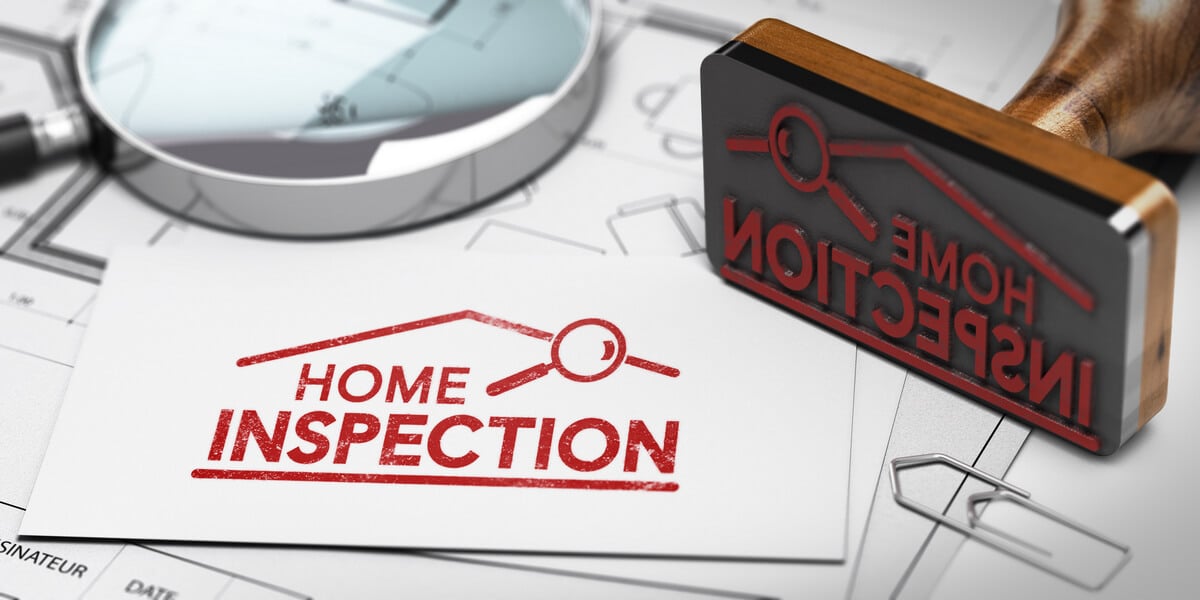
3. Inspection
Scheduling a home inspection is one of the most important steps you can take as a buyer before closing on a home. Many mortgage lenders require inspections before they approve home loans. However, even if a third party isn’t requiring you to get one, it’s always a wise choice. An inspection costs between $300 and $500 on average, but it could save you thousands of dollars if it reveals issues in the home you weren’t previously aware of. In this case, you could renegotiate the deal or walk away from the sale.

4. Loan Origination Fee
A loan origination fee is paid to your mortgage lender and covers the administrative costs of processing your application and establishing your home loan. They usually amount to 0.5% to 1% of the total mortgage. Some lenders don’t charge origination fees, but they may set higher interest rates to compensate. In some cases, buyers can negotiate to have the seller pay the origination fees as part of their closing costs.
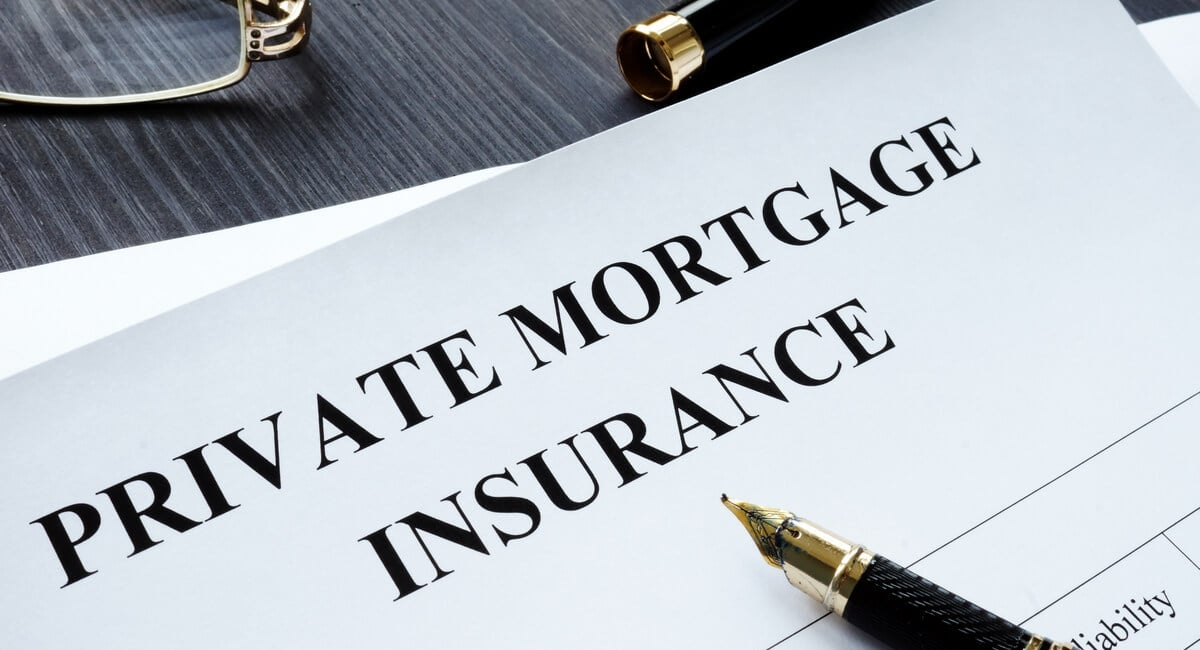
5. Mortgage Insurance
If your down payment is less than 20% of the home’s value, you’ll have to pay for mortgage insurance. Conventional home loans will require private mortgage insurance (PMI), but government-backed loans will require mortgage insurance as well. This protects your lender in case you stop making payments on your loan. PMI can range from around 0.2% to 2% of your total mortgage per year.
Mortgage insurance adds to your monthly housing payment, but it will go away eventually. The expense will automatically be canceled when your mortgage balance drops below 78% of the home’s purchase price or when you reach the halfway point of the mortgage term. You can also get rid of PMI if you make extra payments toward the principal of your loan or if the home is re-appraised at a higher value.
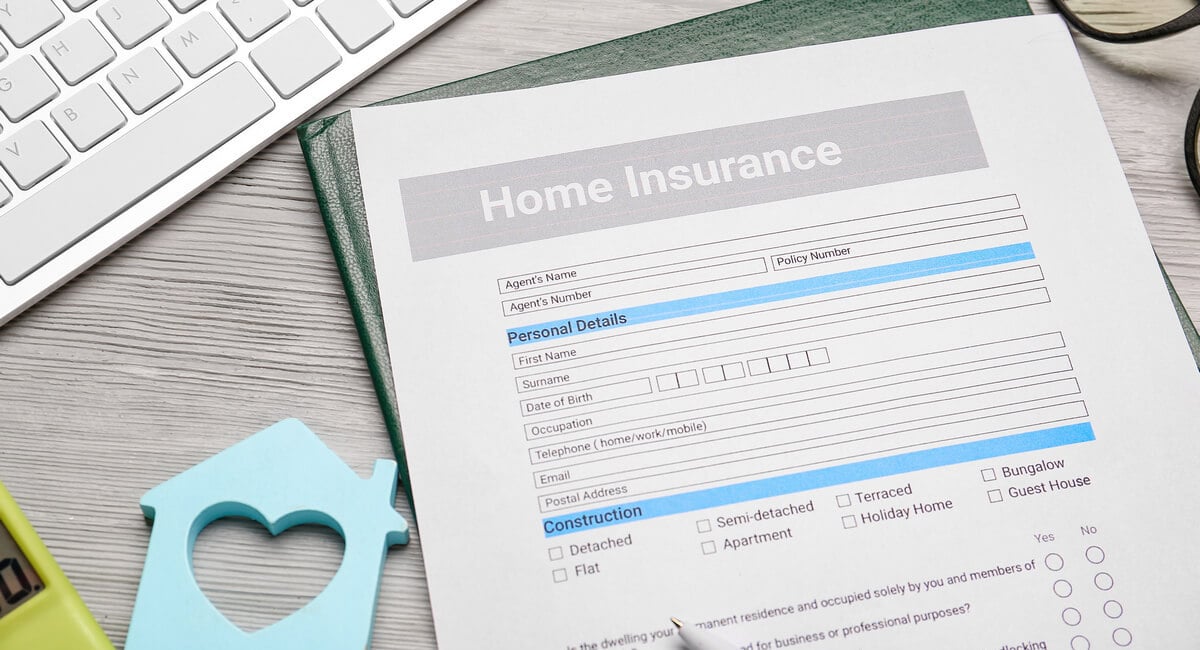
6. Title Insurance
Title insurance protects both you and your lender in case any issues arise with your home’s title. Without title insurance, you’d have to pay out-of-pocket for legal expenses if your home has a lien against it or if any records are discovered that call into question the owner of the property. Most mortgage lenders require buyers to pay for title insurance, and the fee is usually rolled into your closing costs. Title insurance typically costs between 0.5% and 1% of the total mortgage loan.
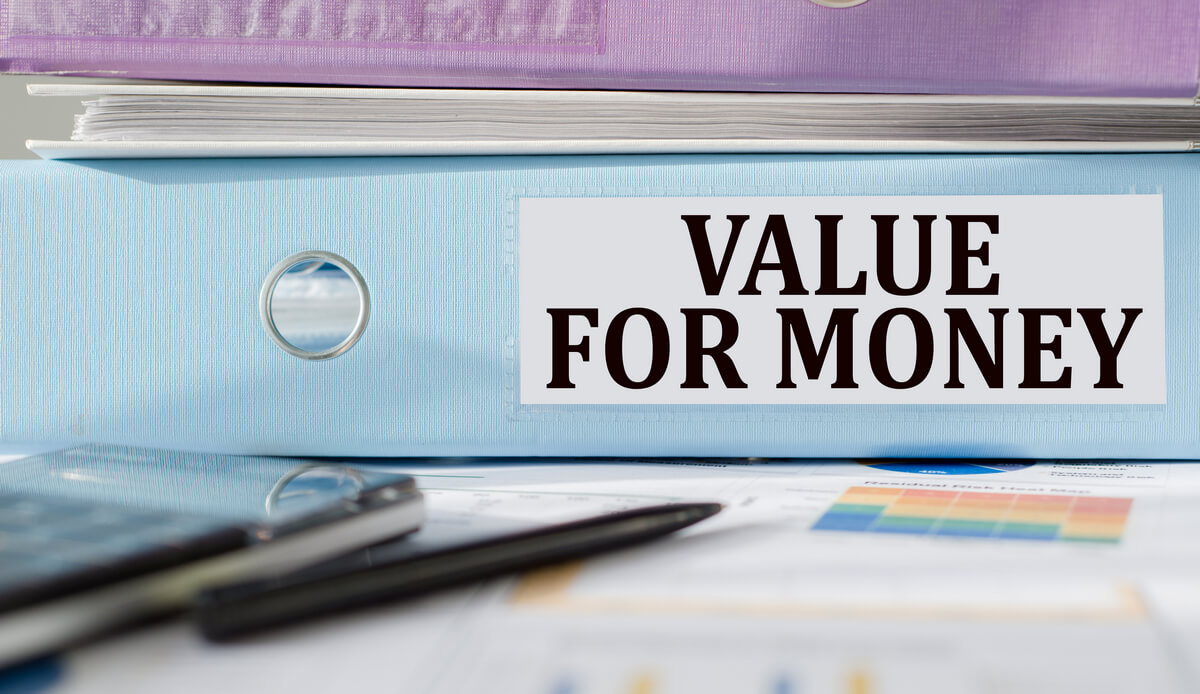
7. Reserves
Sometimes, mortgage lenders require buyers to prove that they have extra funds in reserve after their down payment and closing costs. This demonstrates to your lender that you’re less likely to default on your loan if you run into a financial emergency. Even if your lender doesn’t require you to have any reserves, keeping an emergency fund is always a good idea.

8. Moving Expenses
Moving into a new home can be expensive, so you should factor your moving costs into your budget when purchasing a house. Professional movers can cost thousands of dollars, and completing the move yourself can still be pricey when you add up the cost of the moving van, supplies, and gas or other travel expenses.
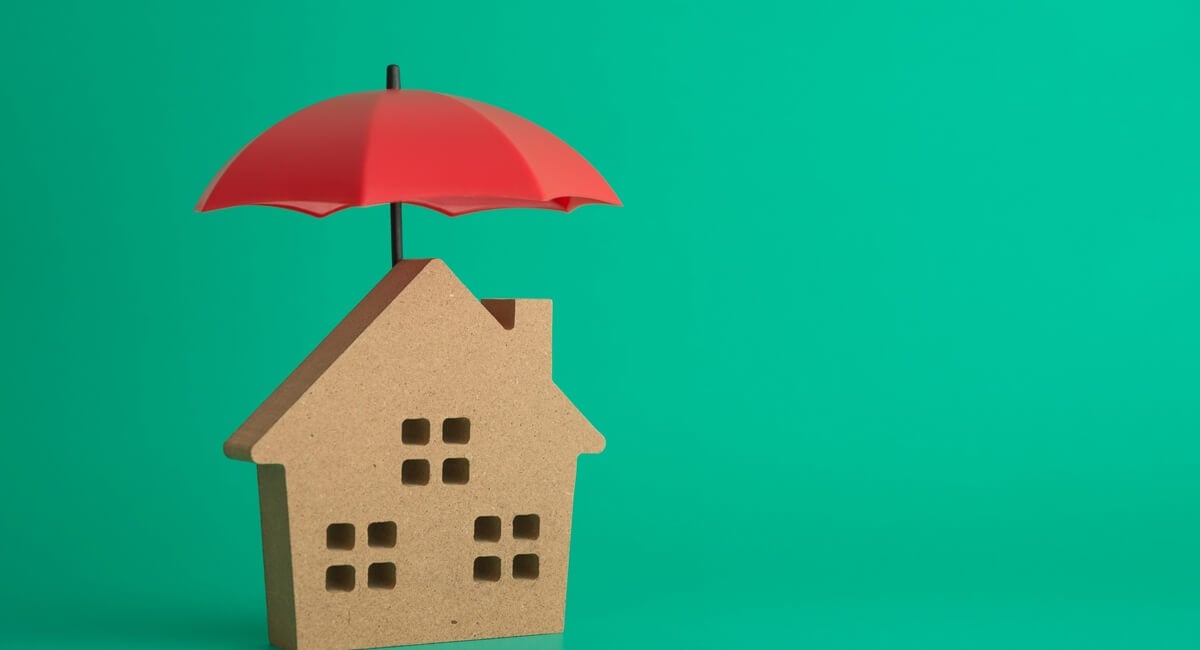
9. Homeowners Insurance
Homeowners insurance covers damage to your house or belongings in a wide variety of circumstances. Lenders usually require homeowners to purchase insurance, and it may be rolled into the cost of your monthly mortgage payment. Rates vary widely based on your location, the size of your home, and the value of your possessions. For an average home, you should expect to pay around $150 per month.
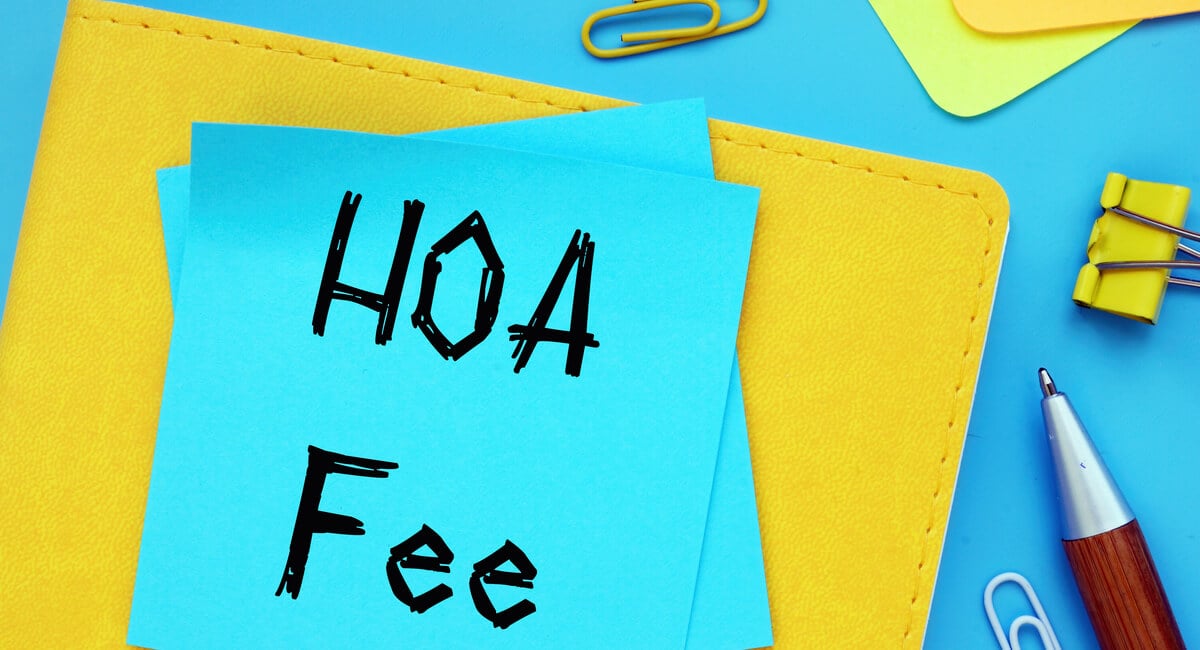
10. HOA Fees
Before making an offer on a home, you should find out whether it belongs to a homeowner’s association (HOA). If it does, expect to pay a monthly HOA fee on top of your mortgage payment and insurance. HOA fees cover common areas and amenities, such as parks, pools, or tennis courts. In some cases, the fees also cover trash pickup, snow plowing, and lawn care. To make sure the HOA fees fit in your budget, you should discover exactly how much your monthly dues are as well as what services are covered.
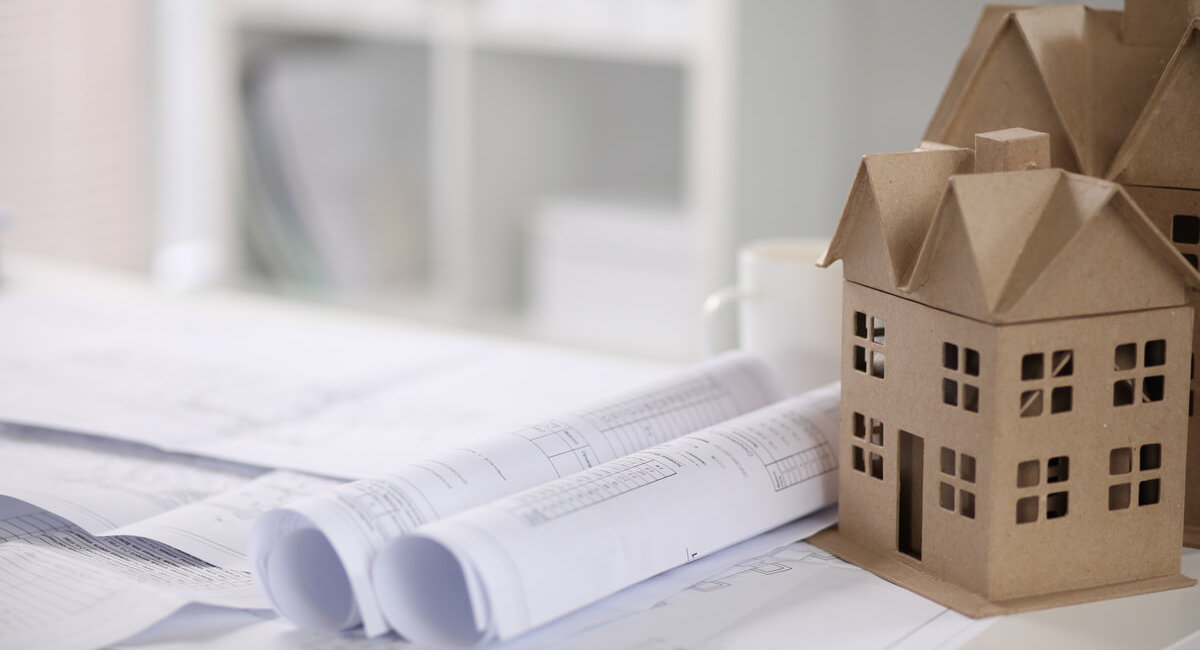
11. Maintenance Costs
Maintenance costs can be a big surprise to first-time home buyers. As a renter, your landlord or property manager likely funded all maintenance. Certain home repairs can be extremely costly, which is why an emergency fund is so important for homeowners. You should also budget for ongoing and preventative maintenance, such as HVAC servicing and gutter cleaning.

12. Home Furnishings
You don’t have to perfectly furnish your new home as soon as you move into it, especially if your bank account has been depleted by your down payment and closing costs. In most cases, though, first-time home buyers are excited to purchase furniture that suits their new living space. You might be upgrading to a larger space with more rooms to furnish, or you may want to finally invest in high-quality furniture now that you own your home.
Bottom Line
Buying a home is an expensive process. In addition to your down payment, you should be prepared to pay for various closing costs, insurance, moving expenses, and home repairs. Some expenses are one-time payments, and others will need to stay in your budget permanently. To make sure you’re financially ready to buy a house, consider all of these hidden costs when calculating your budget.
As always . . .
Be sure to check out the:
- Home Valuation Tool
- Reach out for your personalized Home Value Report
- Calculate your future mortgage
Don’t forget the Home Buying and Selling Guides !
Never miss an issue by subscribing below and I look forward to speaking with you soon about your free Home Preparation and Market Analysis consultation!

